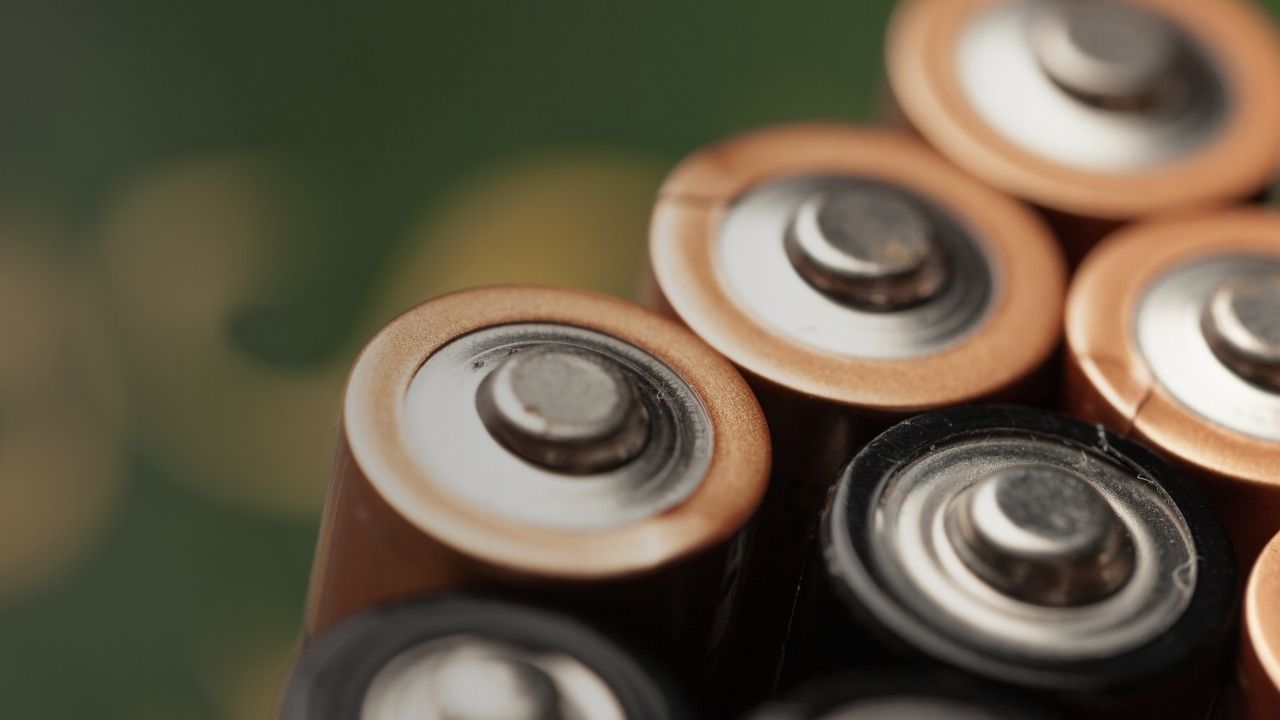Dive into the latest developments in the EV battery materials industry with Battery Breakdown hosted by Cain van Heyningen, Senior Consultant at Coalesce Management Consulting.
Watch it on YouTube: https://youtu.be/5LwPIjCS_zY
Equinor and Standard Lithium has finalised US$225 million grant for the South West Arkansas (SWA) lithium project
The U.S. Department of Energy (DOE) has finalized a $225 million grant to support Standard Lithium and Equinor’s South West Arkansas lithium project. This significant milestone marks a major step in boosting domestic lithium production for batteries. Back in May 2024, Equinor formed a strategic partnership with Standard Lithium, acquiring a 45% stake in lithium projects in Southwest Arkansas and East Texas. This collaboration aims to strengthen the U.S. supply chain for critical battery materials.
The $225 million in funding comes from the Department of Energy’s Office of Manufacturing and Energy Supply Chains. It will be used to construct a state-of-the-art processing facility for the South West Arkansas project. In its first phase, the project is expected to produce 22,500 tonnes of lithium carbonate annually, a key ingredient for battery production.
This project is part of a broader push to secure the raw materials needed for clean energy technologies and reduce reliance on imports. By scaling up lithium production, the U.S. takes a crucial step toward meeting the growing demand for electric vehicle batteries and energy storage solutions. With this partnership and federal support, Standard Lithium and Equinor are paving the way for a more sustainable and energy-independent future.
Vianode secures long-term agreement with General Motors (GM) to supply synthetic graphic for GM's EVs
The next update is about Vianode, a battery materials manufacturer, that has signed a landmark long-term supply agreement with General Motors (GM). The deal ensures the supply of synthetic graphite for GM’s electric vehicle batteries through 2033, with an estimated value of several billion dollars.
The synthetic graphite will be produced at a large-scale plant Vianode plans to build in North America. The facility will align with the requirements of the U.S. Inflation Reduction Act, a key incentive for domestic clean energy manufacturing. Production at the plant is expected to begin in 2027. This agreement follows a rigorous multi-year qualification process, during which Vianode’s graphite, initially produced in Norway, successfully met GM’s performance and validation standards. The synthetic graphite will play a critical role in enhancing the efficiency and performance of GM’s EV batteries.
The partnership itself highlights the growing focus on building secure and sustainable supply chains for electric vehicle materials in North America. It also underscores Vianode’s commitment to delivering high-performance battery materials at scale to meet the increasing demand for EVs.
Vulcan Energy has produced battery-grade LHM that is free of fossil fuels
Vulcan Energy has reached a major milestone by producing battery-grade lithium hydroxide monohydrate (LHM) for the first time at its Central Lithium Electrolysis Optimization Plant (CLEOP) in the Frankfurt-Höchst industrial park. The innovative process extracts lithium directly from thermal water through adsorption and refines it into high-purity LHM—all without the use of fossil fuels. This ensures an extremely low carbon footprint for the production.
The entire production chain is based in Europe. Lithium chloride concentrate, a key precursor to LHM, is extracted from thermal water at Vulcan’s optimization plant in Landau, Rhineland-Palatinate, before being processed further into LHM in Frankfurt-Höchst. Currently, this pilot project operates on a smaller scale compared to Vulcan’s future industrial plants. Since CLEOP’s launch in November 2024, the facility has focused on refining and validating the production process. Plans for a large-scale commercial plant in Frankfurt-Höchst are underway, with a projected annual production of 24,000 tons of LHM in its first phase. This volume could supply lithium for around 500,000 electric vehicles.
Major industry players, including Stellantis, Renault, and LG, are already testing Vulcan’s pilot product as part of the qualification process. This breakthrough positions Vulcan Energy as a leader in sustainable lithium production for Europe’s growing EV market.
BlueOval SK has closed on a $9 billion loan for the construction of up to three advanced battery factories in U.S.
The U.S. Department of Energy has approved a loan of up to $9.63 billion for BlueOval SK, a joint venture between Ford Motor Company and Korean battery manufacturer SK On. The funding will support the construction of three advanced battery factories in Tennessee and Kentucky, which will produce batteries for Ford and Lincoln electric vehicles.
The project includes two facilities in Kentucky's "BlueOval SK Battery Park," expected to produce over 80 gigawatt-hours of battery capacity annually. A third facility, called "BlueOval City," is under construction in Stanton, Tennessee, with a projected output of 40 gigawatt-hours. Together, the plants will have a total capacity of 120 gigawatt-hours per year, with production set to begin in 2025. The factories will create approximately 7,500 permanent jobs—5,000 in Kentucky and 2,500 in Tennessee.
-
If you have an upcoming project coming up, we provide engineering, construction and project management services to help you deliver your project ahead of schedule and under budget. Reach out to Cain at cain.vanheyningen@cmcexpertisedelivered.com or leave us a message here.


